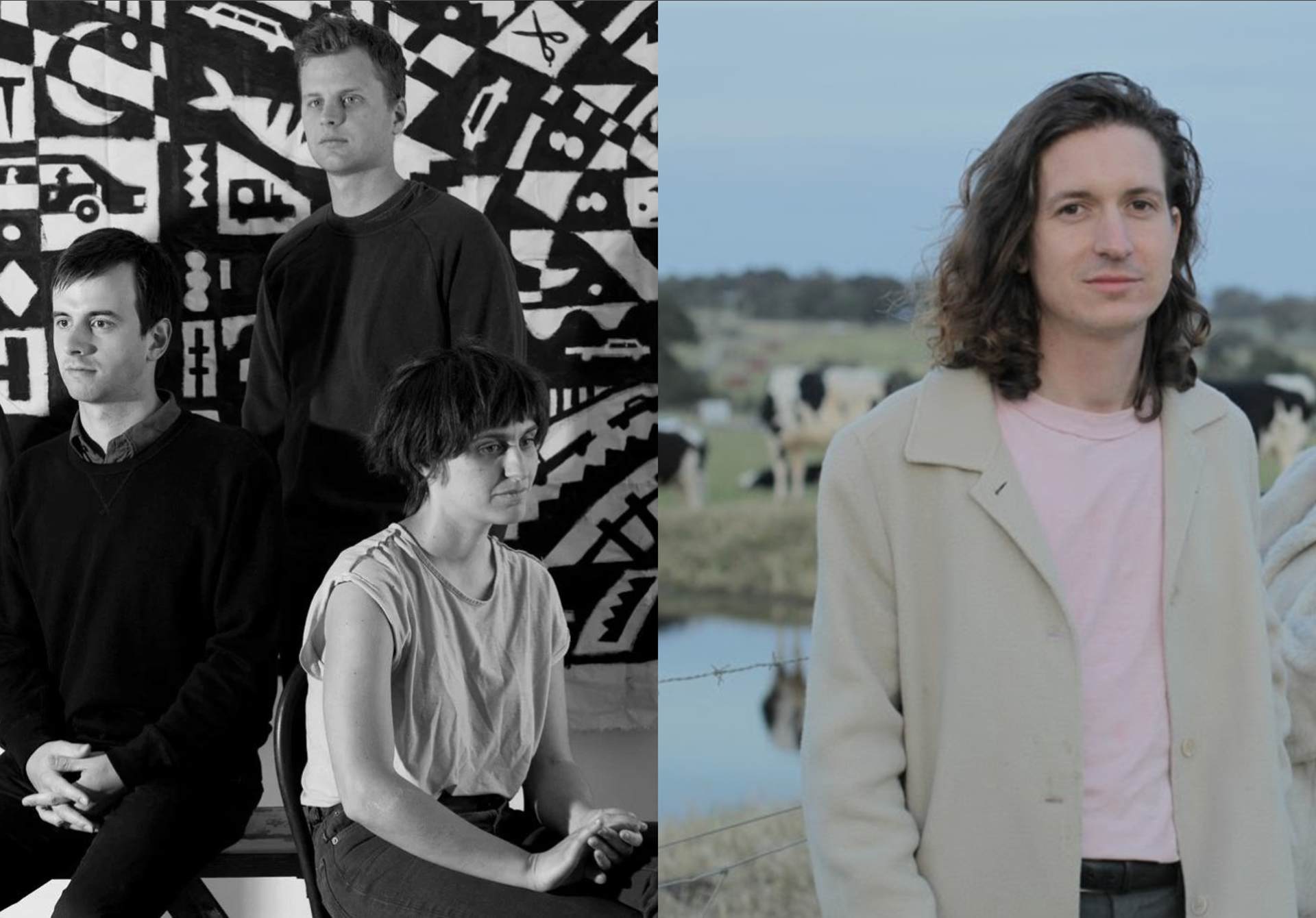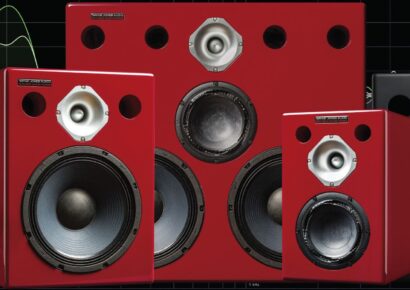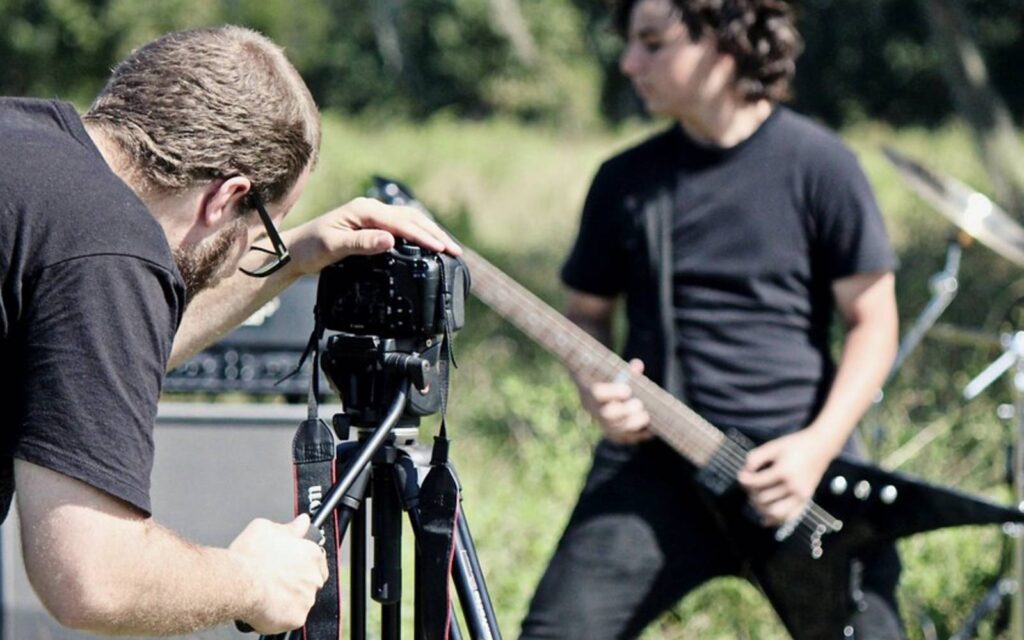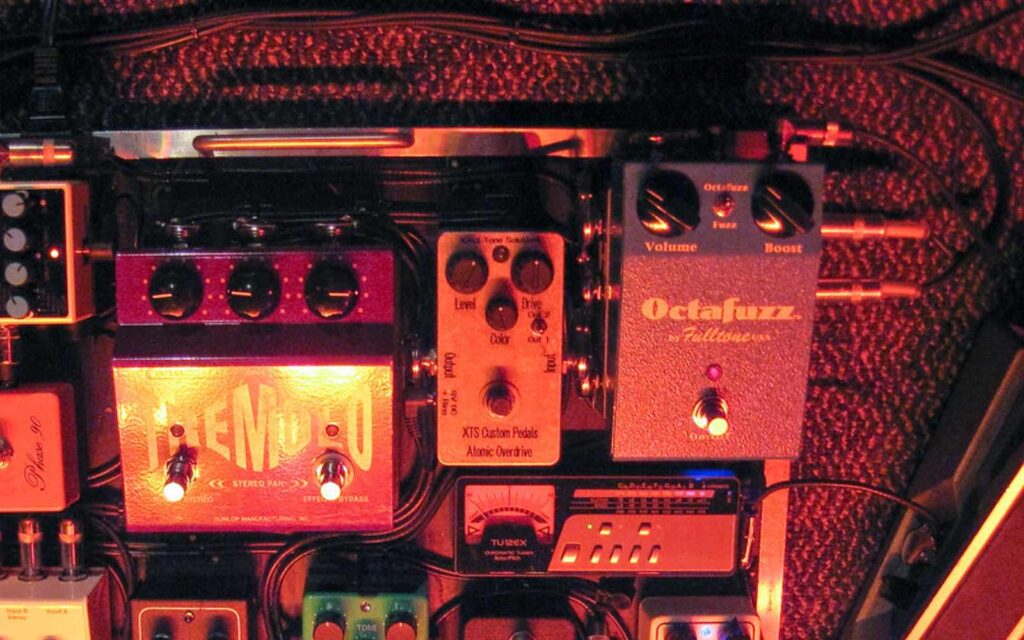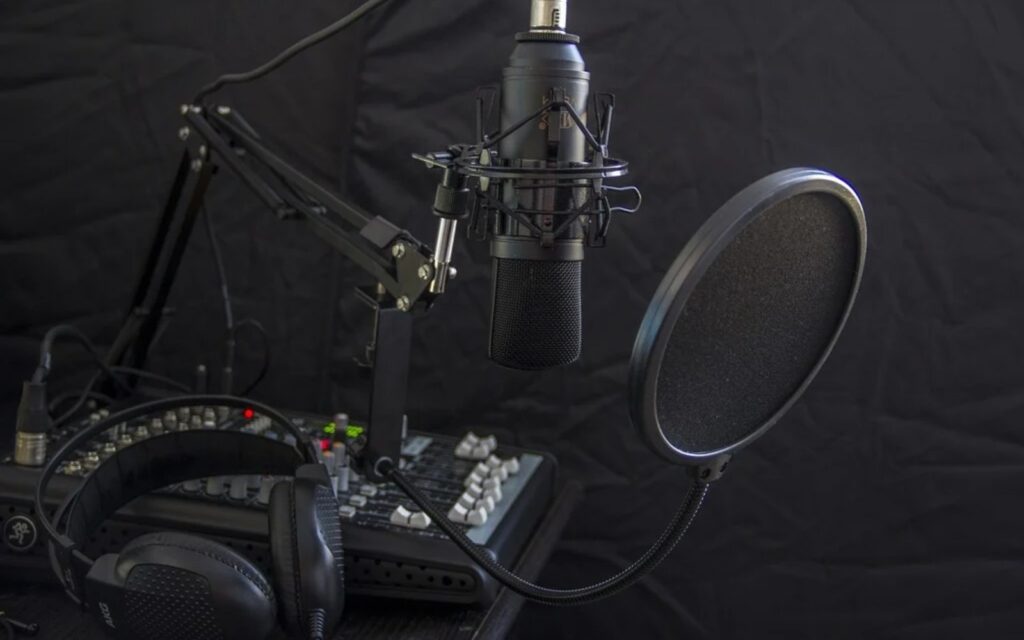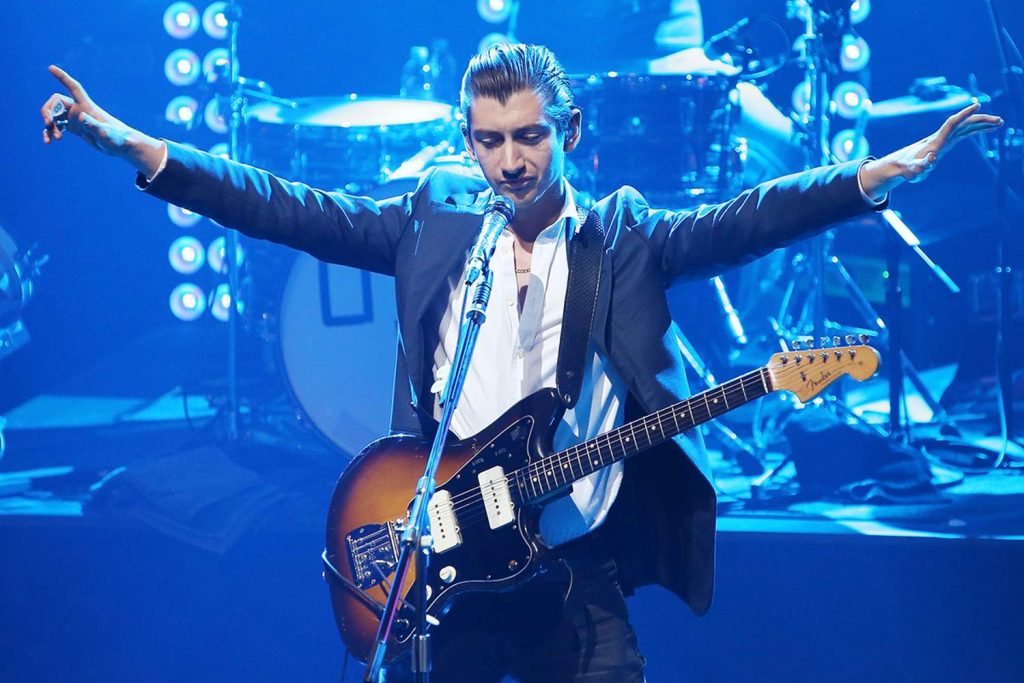We're exploring that jangly dolewave sound distinct to Melbourne town with two of its heavyweights - Snowy and Steph Hughes of Dick Diver.
“The Melbourne sound” is a style that all Melbourne musicians are familiar with. Whether it’s referred to as “jangle pop” or “dolewave”, the classic indie folk rock style reminiscent of bands such as Belle & Sebastian or Television has become somewhat inescapable over the years.
Read up on all the latest interviews here.
Recognisable instantly by its dry electric guitars, lackadaisical singing and low budget recordings, its sound has ultimately influenced all Melbourne musicians. Mixdown spoke to Steph Hughes (Dick Diver) and Liam “Snowy” Halliwell (The Ocean Party, Snowy Band) about their love for the timeless jangly sound, what makes it so accessible and the gear they used to create the music that is so loved in Melbourne.
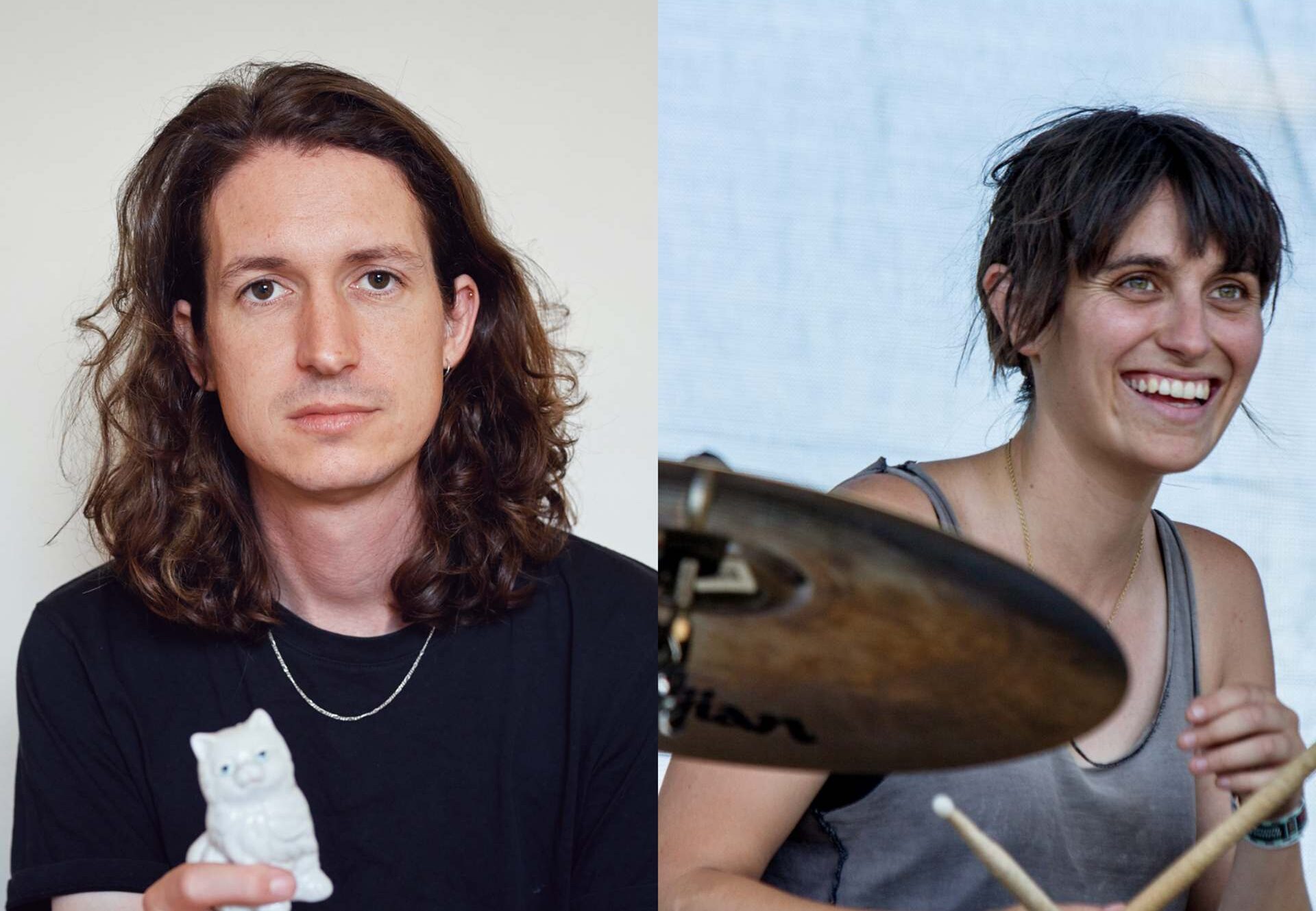
What drew you to making the style of music that you do? And how does money/circumstance factor into the sound when writing/recording/playing?
Steph Hughes: Country music has probably factored the most into how I personally put things together. Words and music both weighing heavily on each other. Just spinning something out of easy to come by words and chords and arranging them in a new way. But musically I think I’ve been the most satisfied when I can piece images in my head together in a song and stick them with a tune. I’m also pretty boofheaded and enjoy not thinking about it too much when I don’t have to.
Liam Halliwell: The fact that it was accessible, immediate and achievable. To strip away the pretense that things had to have a degree of ‘professionalism’, therefore expense, to be worthy of release was really liberating. Around the time that I moved to Melbourne, Bandcamp, Garageband and CD-R reigned supreme, so it made sense to find myself in a scene that embraced DIY. I had no money, so it was perfect.
Who are some of your influences when it comes to writing?
S.H: Every member of Dick Diver writes music, so it’s dierent for everyone. But off the top of my head I love Joy McKean, Little Ann, Irish funeral chants.
There is a chaotic venn diagram somewhere where these all overlap. Lee Hazlewood, Lucinda Williams, X-Ray Spex. Television Personalities, Warumpi Band, Link Wray etc. And then everyone in Dick Diver – I think we all listen and build from each other a lot.
L.H: My bandmates. I can’t speak for what their inuences were at all but there was often I felt like the way we would write albums and perform live was inuenced by the other bands that were immediately around us. At that time in my life the biggest aspirations I had in music were to find a scene and make some friends. Music was and still is my social life, so it was important to feel like making and sharing music was never alienating or navel-gazing.
What was your set up re: drums/guitar? Any gear you love or hate?
S.H: I have a bunch of simple sturdy things that I love the sounds of and that have a fair few knacks. I have a (mainly) ’60s Drouyn kit, which were made in Brisbane for a long time. I heard the lugs are made of melted down bullet shells. I play with just the one cymbal apart from hi-hats – a crash/ride which is a nice Zildjian, which is probably the one thing I don’t like to go without playing drum-wise. It’s a good weight and sparkly smooth. [Also] I have a Fender Squier I got for my 15th birthday. It’s pretty sparkly on whatever its factory pickups are, it also electrocutes me a tiny bit occasionally. In several bands I’ve been in it’s been an irreplaceable thing that all of us play, it is robust as hell for the most basic Squier you could get and I have a lot of love for it.
L.H: Back in The Ocean Party days we would proudly tour with 4 or 5 Roland Cubes. They’re practical, reliable, clean and ALWAYS loud enough. Generally I don’t mind working with whatever is provided at the venue. Every room sounds so different – I try not to be precious about my tone and just let whatever amp and guitar combination I have on the day determine how the gig will play out.
Who would you say came before you as the key bands who defined that quintessential “Melbourne sound”, and who would you say you’ve seen come up through the scene after you?
S.H: There’s a real patchwork going on. Panel of Judges always come to mind and a lot of bands with Chapter Music links like Crayon Fields and Guy Blackman. I think the UV Race and a lot of [DIY] shows at the time built a great place for friends to hang – often with lots of different sounding bands playing, but [with] similar collective ideas.
L.H: Some of the first shows I saw in Melbourne were fairly formative for me – St Helens at Northcote Social Club, Dick Diver at Chapterfest at The Tote. But I would never claim that there is any sort of lineage, just different bands that exist at different times. Different groups of friends.
It’s clear that Hughes and Halliwell were always going to be creating music, regardless of the equipment they had to create it.
The title of “Dolewave” may be a satirical jab at the style of music that Melbourne is so fondly known for, but clearly money has never been an issue or a goal. What makes the “Melbourne sound” is its accessibility and communal approach to songwriting. It’s music that is relatable, understandable, and bloody catchy!
Read more interesting chats about dolewave here.
